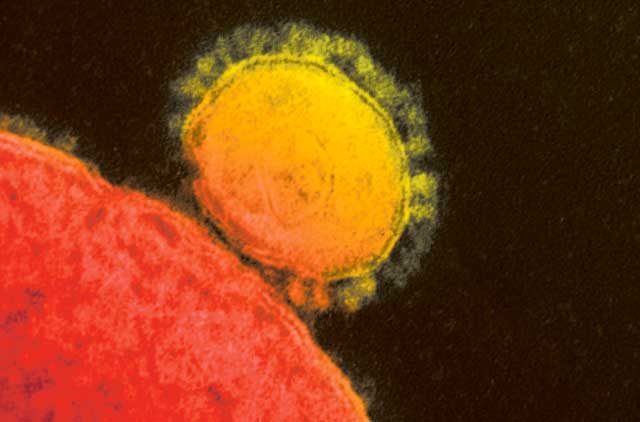Dubai: A Filipino nurse was placed under quarantine along with his family after testing positive for the Middle East Respiratory Syndrome (Mers) virus upon arrival in Manila, making him the first confirmed case in the Philippines, Health Secretary Enrique Ona announced Wednesday.
In a press conference, the official said the patient, whose name was not disclosed, had been quarantined in a government hospital along with nine members of his family who were exposed to the virus, the GMA news website reported.
The nurse was taken directly to a government hospital upon landing at the Ninoy Aquino International Airport (Naia). Tagalog-language Tweets made by GMA stated that Ona said passengers on the plane seated next to the nurse with Mers-CoV symptoms will also be quarantined.
The nurse is a friend of the Filipino paramedic who died last week in the UAE for the same illness, Ona told reporters.
Mers is a virus often referred to as the Middle East’s own version of the severe acute respiratory syndrome (SARS).
Symptoms of Mers include fever, cough, shortness of breath, and diarrhoea and was first reported in Saudi Arabia in 2012.
Meanwhile, Presidential Communications Operations Office head Herminio "Sonny" Coloma Jr said hospitals were instructed to report to the Department of Health any patient suspected of having contracted the Mers-CoV infection.
Suspected cases are reported to the National Epidemiology Centre and the Research Institute for Tropical Medicine, which confirms the diagnosis.
Not like Sars
Experts, however, said that Mers is unlikely to cause a Sars-like epidemic because it is not spreading as easily.
In a clinical analysis of the virus, British and Saudi researchers said that though there are many similarities between Mers and Sars (severe acute respiratory syndrome) which emerged in China in 2002 and killed around 800 people worldwide, there are also important differences.
The World Health Organisation (WHO) issued its travel guidance for pilgrims going to the annual haj in Saudi Arabia and said the health risk posed by the Mers virus was “very low”.












